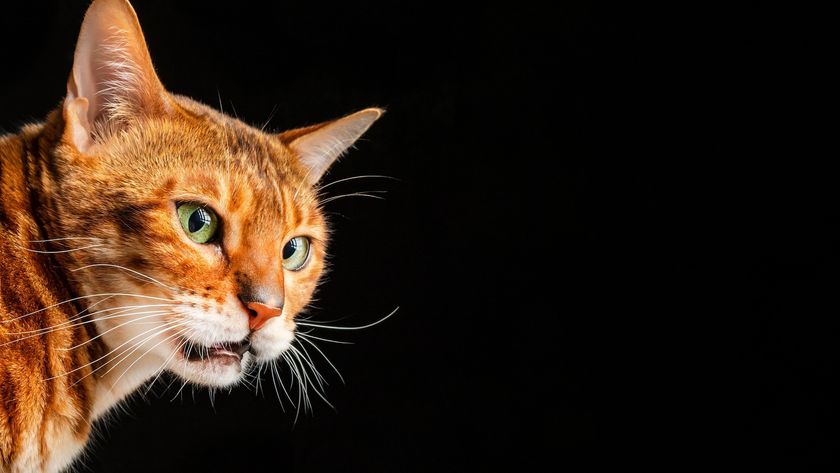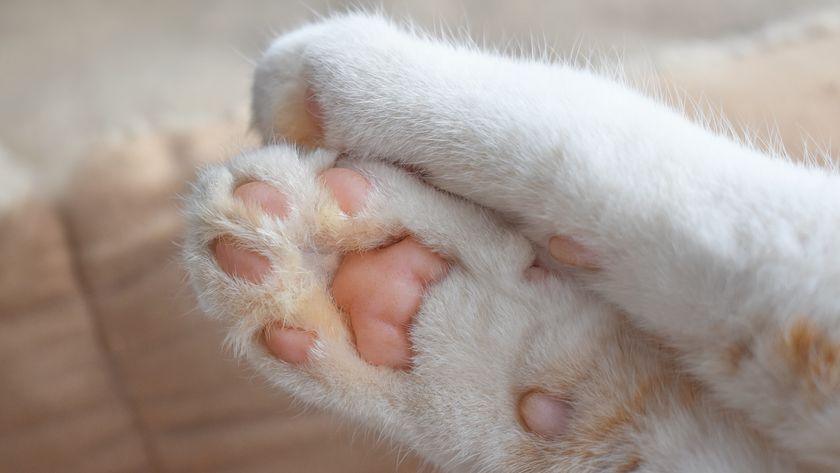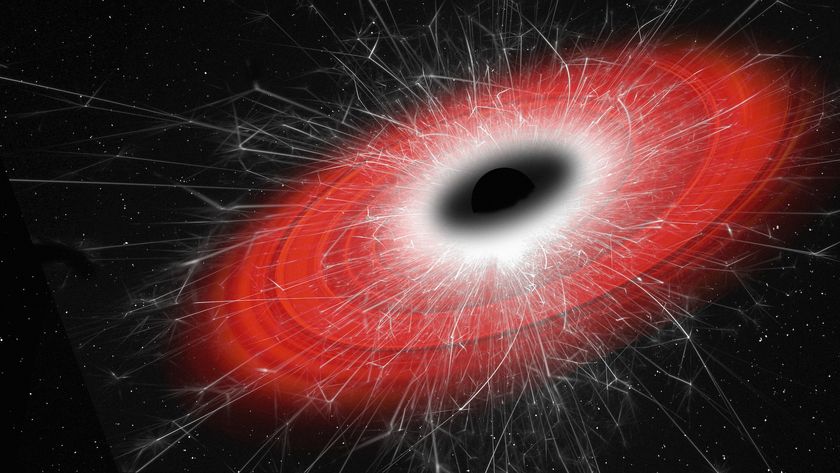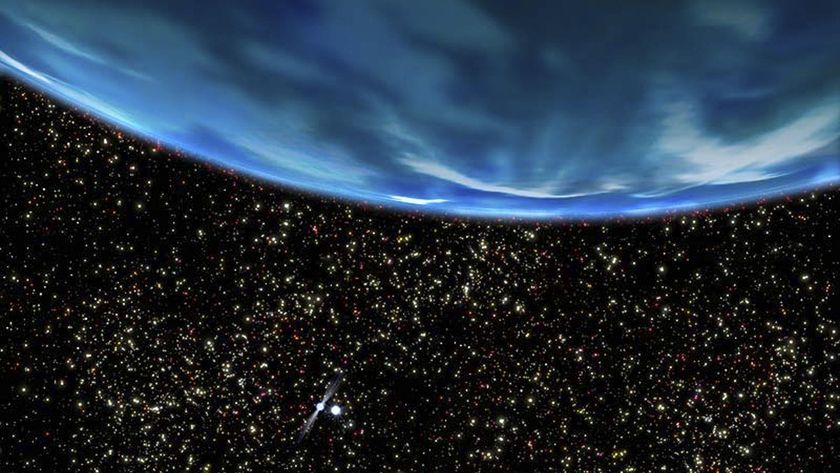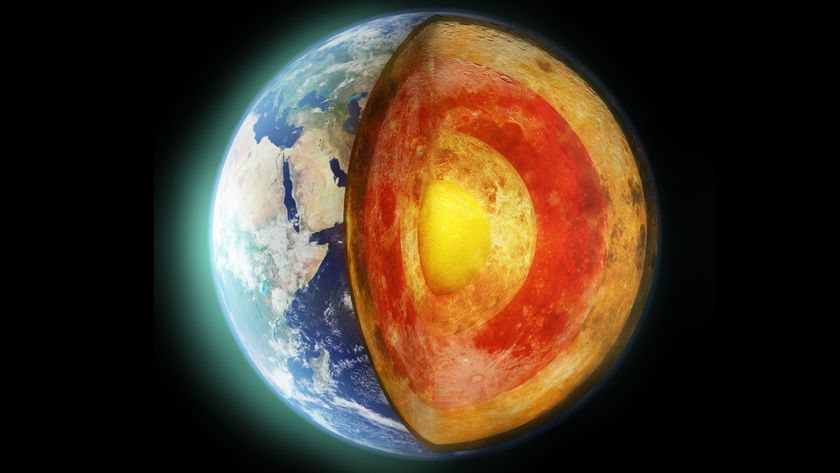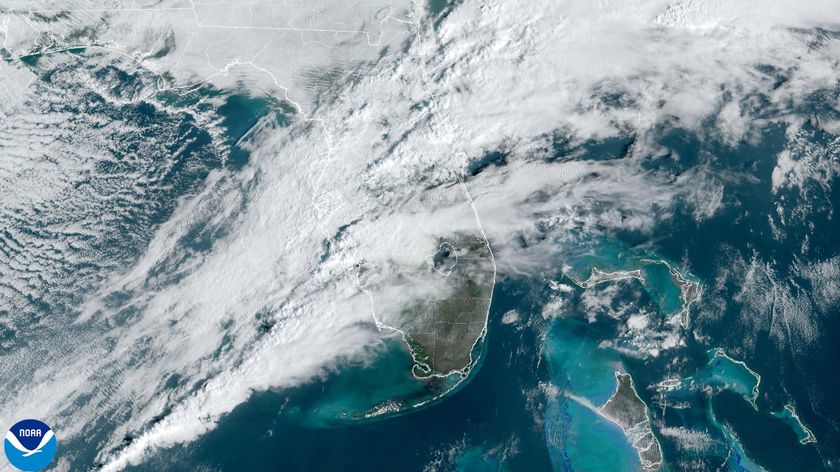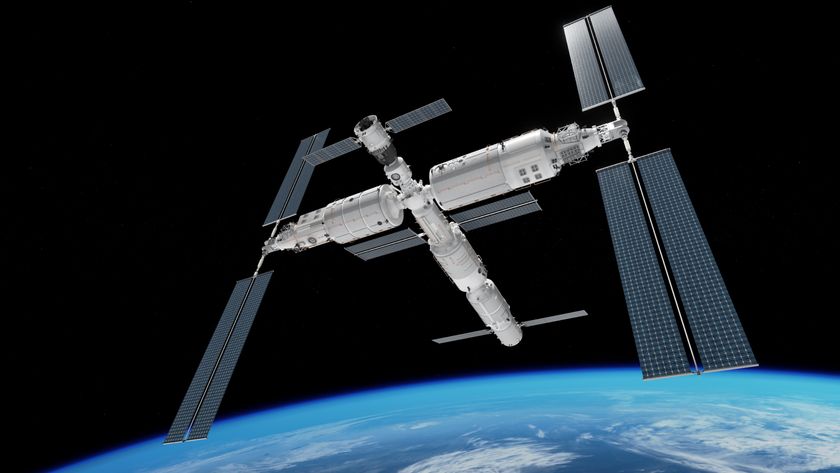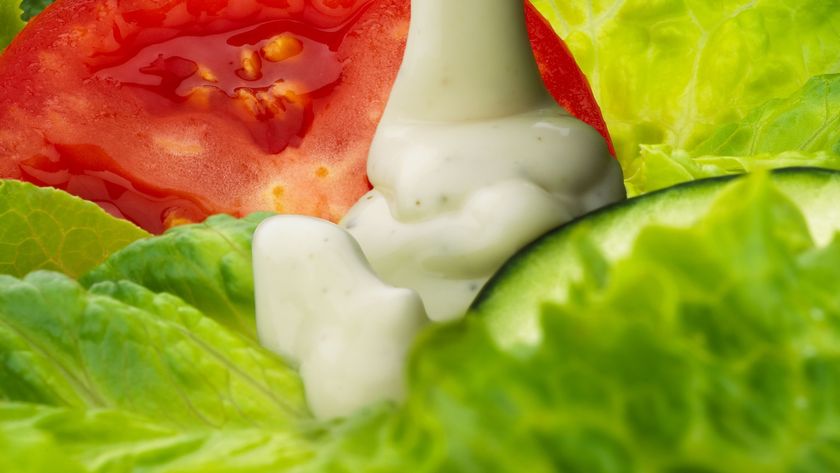In Vitro Fertilization May Help Older Cheetahs Reproduce
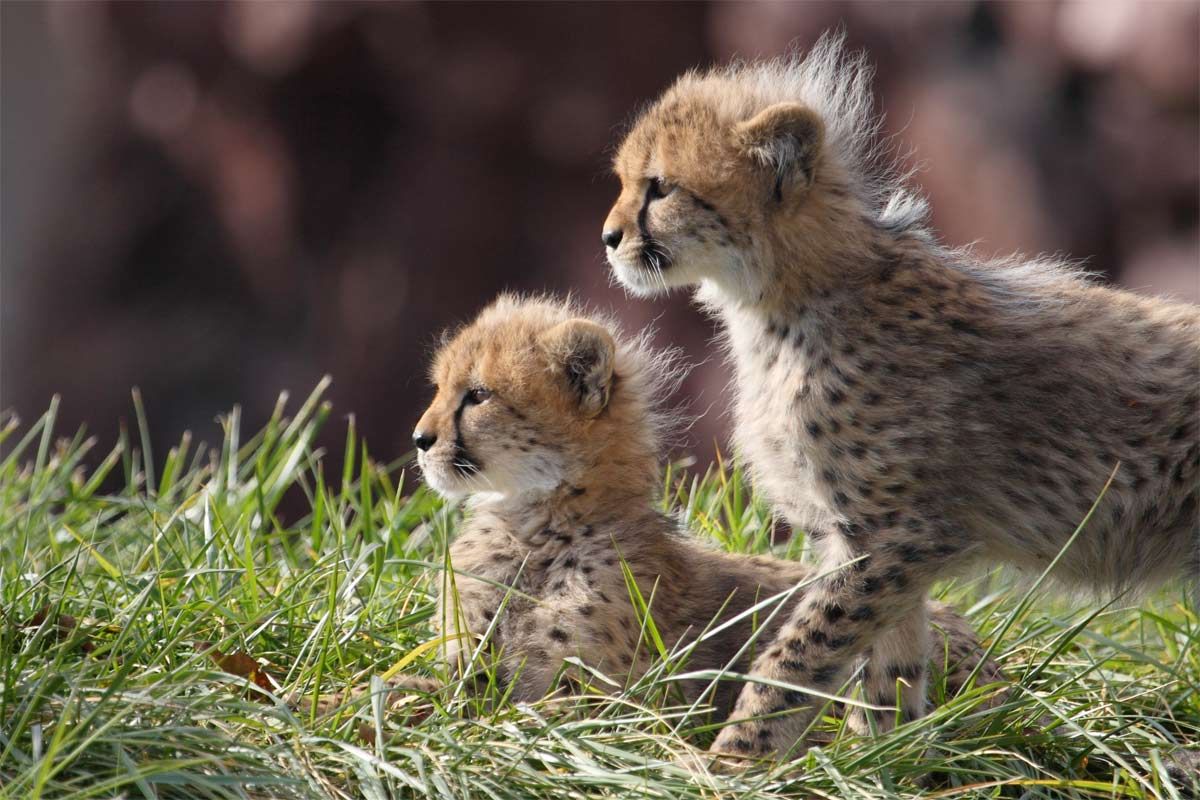
Good news for the dwindling cheetah population; despite aging, the eggs of cheetahs older than 8 years appear to remain in good condition, scientists have found.
"Those of us who work with cheetahs have anecdotally noted that it's hard to reproduce older cheetahs, but this is the first time anyone has documented how aging affects the physiology of reproduction in this species," said Adrienne Crosier, study author and cheetah biologist at the Smithsonian Conservation Biology Institute (SCBI) in Front Royal, Va.
The researchers analyzed hormones, eggs and the uteri of 34 cheetahs at eight institutions, finding that cheetahs over age 8 develop abnormal cell growth, infections and cysts in their uterine tracts. These complications can prevent pregnancy, despite the fact that the hormones and eggs of cheetahs older than 8 years appear normal.
The discovery will allow researchers to extract eggs from older female cheetahs, then fertilize and transfer the eggs to a younger female.
"We were relieved to find that, unlike in other older mammals, the eggs in older cheetahs can produce viable-appearing and growing embryos, which means we may be able to transfer them to younger cheetahs and preserve genetic diversity," Crosier said in a statement. "If we had found that the eggs were abnormal, we were facing losing genes in an already depleted population."
A lack of genetic variety can lead to cub mortality and lower the newborn cheetah's resistance to disease. It is especially vital for cheetahs living in captivity, where there is a limited diversity of the cats and the infusion of new genes could result in healthier cheetahs.
Within the next two years, the researchers plan to extract eggs from a cheetah older than 8 that has not reproduced, and then fertilize and transfer her eggs to a younger female. If the procedure is successful, Crosier says scientists may someday do the same with wild cheetahs to infuse the captive cheetah population with new genes.
Sign up for the Live Science daily newsletter now
Get the world’s most fascinating discoveries delivered straight to your inbox.
In addition, while SCBI researchers can produce embryos from fresh cheetah eggs, they hope to do the same with frozen eggs, similar to how egg freezing, also called oocyte cryopreservation, can currently be used in human in vitro fertilization (IVF) procedures.
"The work on freezing eggs and ovarian tissues will offer yet another option to preserve the fertility of females, especially long after they are dead," Comizzoli said. "These approaches also allow us to boost the number of offspring that can be produced from a single individual."
Approximately 80 percent of adult female cheetahs in North American institutions have never reproduced, according to the study. There are only an estimated 7,500 to 10,000 cheetahs left in the wild, and they are listed as a vulnerable species by the International Union for Conservation of Nature.
The findings were published this month in the journal Biology of Reproduction.
You can follow Live Science writer Remy Melina on Twitter @remymelina. Follow LiveScience for the latest in science news and discoveries on Twitter @livescience and on Facebook.
